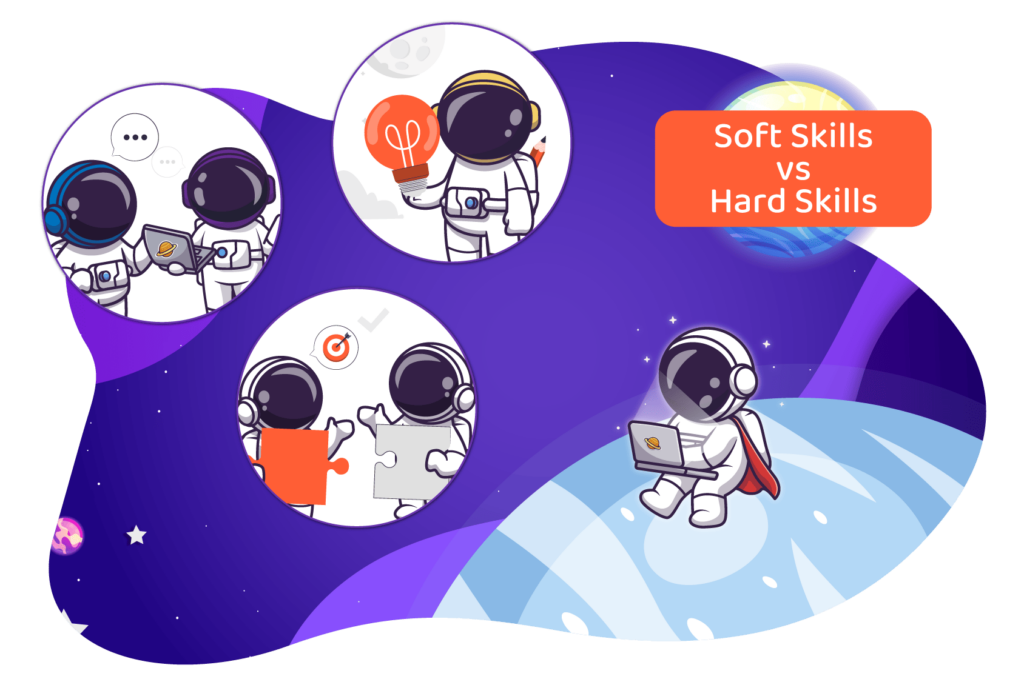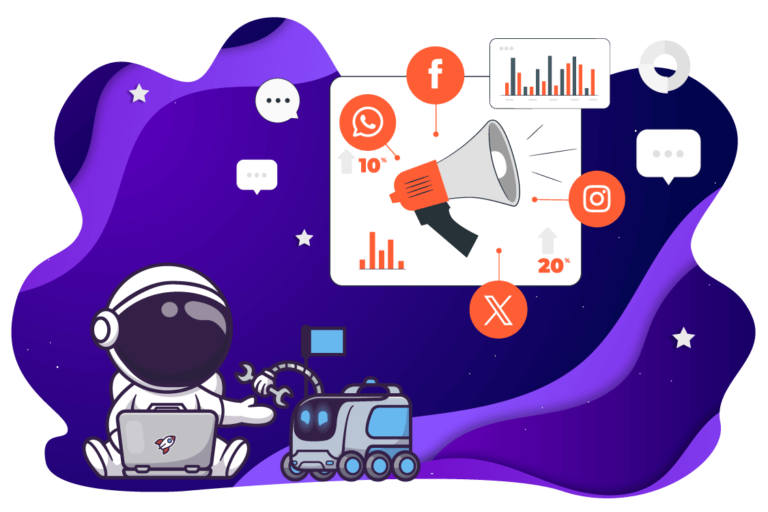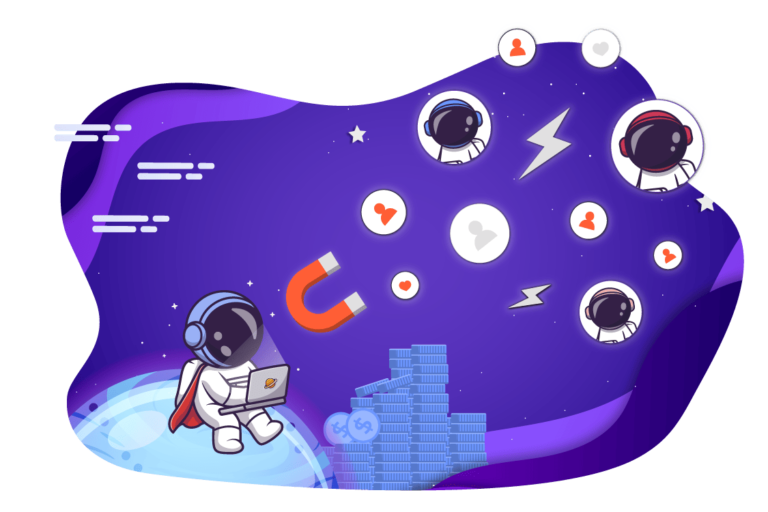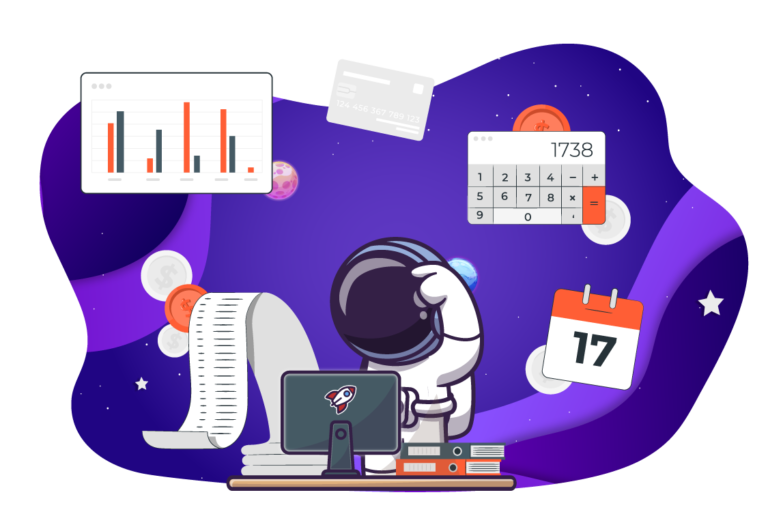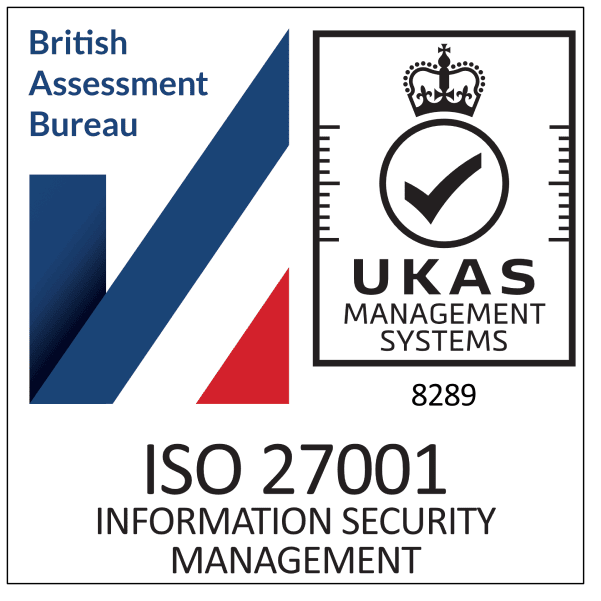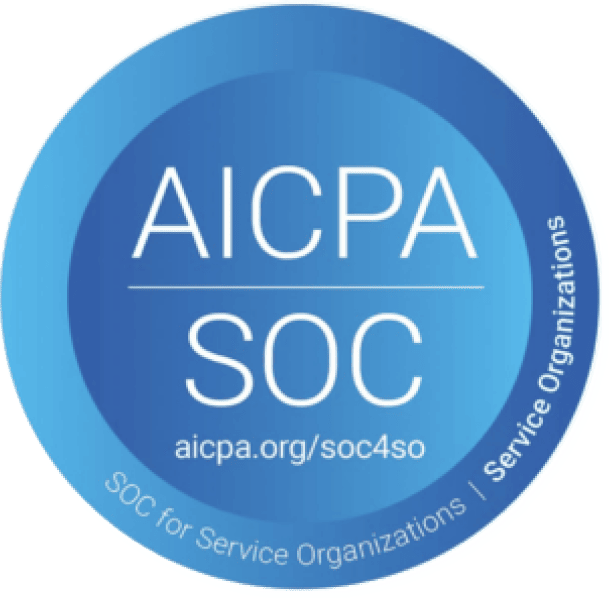We often talk about soft skills & hard skills when we apply for a job. Indeed, it is said that we show our hard skills on our résumé but we get the job thanks to our soft skills. Many candidates have the same technical skills, but not all candidates are the same, because these skills do not combine with the same soft skills. The important thing is to combine both hard and soft skills to succeed at a task. The use of only one of them is not enough.
When it comes to prospecting it is more or less the same. Your product or service may be very interesting to the prospect, but if you don’t have the right soft skills to convince them that it is the product/service they need, they won’t take it and go to your competitors instead.
But first, let’s see what the difference between soft skills and hard skills is.
Difference between soft skills and hard skills
Hard skills
Hard skills are defined as measurable, technical skills. These skills are acquired throughout life. Most of the time they are specific to a job, they are skills you can learn at school, on your own through YouTube tutorials, or by simply reading up on the matter. Hard skills are hands-on experiences, they’re not something you naturally know how to do.
Here’s some examples of hard skills: Foreign languages, Adobe Creative Suite, Accountability, Programming languages (JavaScript, etc), Copywriting…
However, there is a limit to these skills. Our society is constantly changing. Technologies are constantly changing. As new technologies replace old ones, the skills we have acquired in those old technologies become quickly outdated. As a result, we must continue to learn new skills to compensate for the loss of usefulness of the first one we learnt.
Soft skills
In contrast, soft skills are often called “people skills” or “social skills”. These are skills you obtain naturally: traits and abilities that represent you and your way of thinking. Emotional intelligence, for instance, is a soft skill defined as “the ability to perceive, interpret, demonstrate, control, and use emotions to communicate with and relate to others effectively and constructively” according to Kendra Cherry, in her article on emotional intelligence.
We develop these skills throughout our entire life, they are in fact the “How” and “Why” we do things. In a job interview, they are what make the recruiter like and recruit you because they reflect what motivates you and how you work. They are part of your personality and your everyday life, which is why they are so important in any job.
For instance, a person working as a manager has to have specific soft skills such as leadership, communication, problem-solving, decision-making, etc. Whereas a designer needs to be creative and adaptable. However, these skills are difficult to measure, so they used to be forgotten when today, we find them extremely useful and important.
Soft skills: why are they so important?
Remote companies
Before the introduction of soft skills, hard skills were the most important skills in the workspace. Nowadays, soft skills are becoming more and more important. The way people think has changed, as has the way they work. It is now important to have a good working atmosphere. Our relationships at work are very important, it is therefore primary to maintain good communication between teammates. That is especially true for remote businesses.
Ever since the pandemic, many companies have decided to work remotely, either partially or completely from home. In this remote state, companies actually need the soft skills of their employees to work efficiently (even more than on-site companies). They need to be able to trust that their employees are going to do their jobs, but most importantly, they need to maintain a certain connection between teammates for a good company culture. Lodago is actually a remote company which values soft skills, that is why we have a strong remote company culture!
High demand in soft skills
Social and emotional skills are currently in high demand in the professional world. But why is that? Soft skills are known to be highly transferable, they can apply to a wide range of situations, therefore they are really useful. Moreover, there is still no real training in soft skills yet. So having soft skills is really important when applying for a job, it makes the candidate more desirable for the company.
According to LinkedIn, the top soft skills to secure your career are : leadership, communication, problem solving, management, time management and strategy. Communication skills are mentioned as very important in 45% of all LinkedIn Premium jobs posted between June and August 2022. That is why soft skills show up the most in the top trending skills added to LinkedIn profiles. They apply to so many occupations that the more you have, the easier it is to change careers.
As mentioned earlier, it is important to combine both hard skills and soft skills. For example, if you want to book a meeting with a prospect, you need to be organised in order to plan your meetings, that’s a soft skill. But you also have to use the right tool to help you organise your calendar, such as Lodago, the only appointment scheduling tool that allows you to put your calendar directly inside your email, so that your prospect can book a meeting in a single click. It also allows you to control your calendar by setting a time break and avoiding last minute or early meetings. Using both your ability to organise your time and the Lodago tool is the right combination for success!
Soft & hard skills: an outdated concept?
“Skills aren’t soft or hard - they’re durable or perishable.” – Matthew J. Daniel, Guild Education
The terms “soft” and “hard” skills are often questioned, some would say they do not fit the types of skills they represent. Indeed, it is said that what we call soft skills, are actually much harder to obtain than hard skills, as there are many training courses for the latter and almost none to get soft skills. That is why Matthew J. Daniel writes about “durable skills”. In his view, what matters most is the transferability of a skill. If a skill can be applied to several situations, it is therefore more durable. Durable skills are rarely taught and more complicated to measure than hard skills. They broaden the concept of soft skills and extend it to the diverse set of attributes needed to cooperate with others and succeed in the workplace.
He divides those skills into three types:
- Perishable skills, close to what we call “hard skills”: they are technical skills, which do not last more than 2.5 years due to the advancement of technology, or change in the organisation (such as programming languages);
- Semi-durable skills are field-specific technologies and processes. They last longer than perishable skills: 2.5 to 7.5 years;
- Durable skills are ways of thinking, but not only. They are measurable skills such as design thinking, project management, leadership… They are what allows the development and implementation of the other 2 types of skills.
In conclusion, every type of skill is important to make a business work. This is why companies are now looking for more sustainable skills, such as communication, leadership, teamwork… It doesn’t really matter what we call these skills: in the end, the important thing is to use each of our abilities to make them useful to the company we work for, and to us, in our daily lives.
